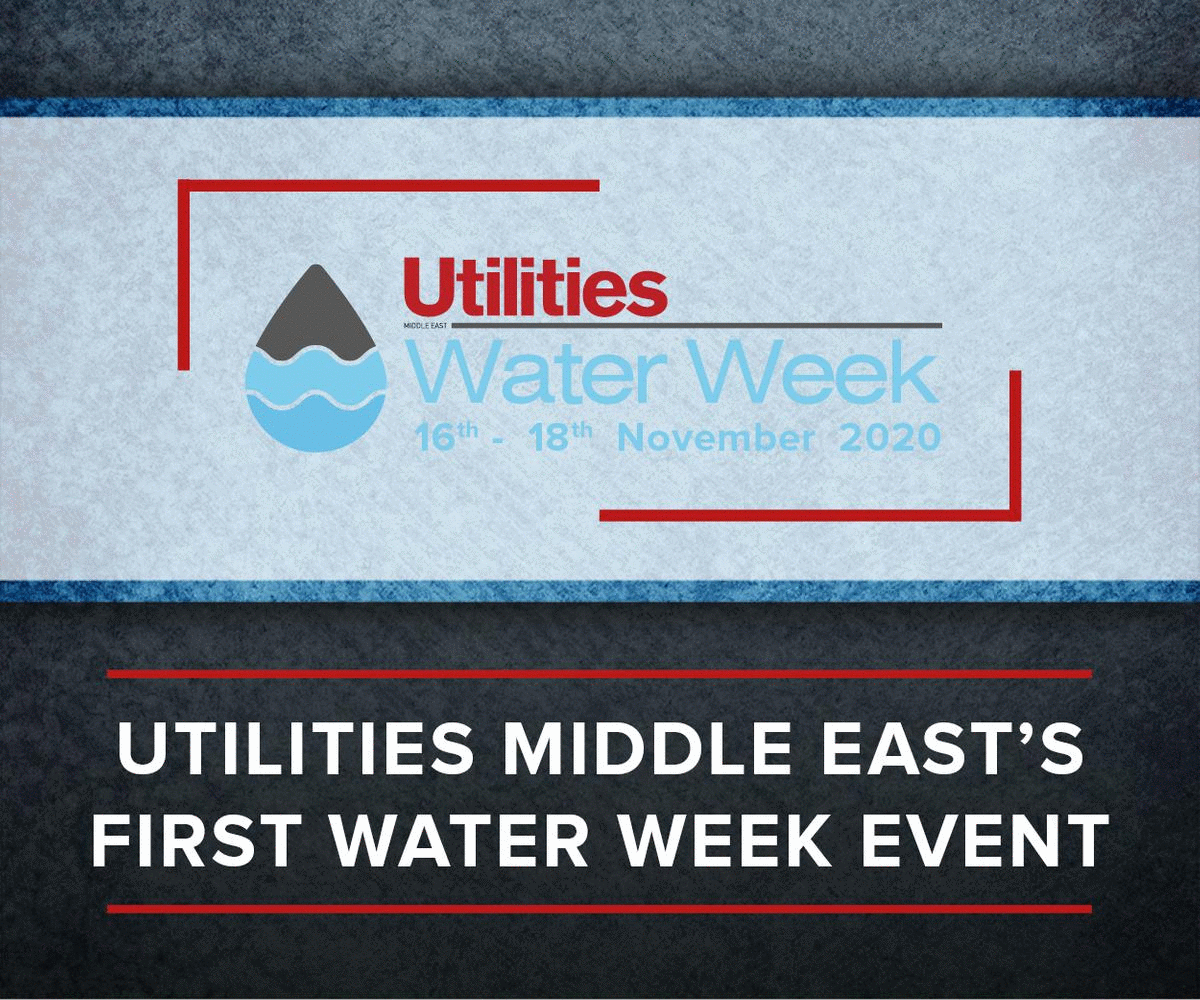The Role Of Civil Engineering In Developing Smart Water Networks

Water Week 2020 is an annual observance week that starts today and aims to raise awareness of the importance of clean and sustainable water resources. This year's theme is "Smart Water Networks for Smart Sustainable Cities," highlighting the critical role of technology and innovation in addressing water challenges in cities worldwide.
As urban populations grow and water demand increases, cities face complex water management challenges, such as water scarcity, leakage, pollution, and inefficient distribution systems. Smart water networks offer advanced technology solutions that enable cities to optimize their water network operations and improve water resource management.
Frequently Asked Questions
What are Smart Water Networks?
Smart water networks are advanced water management systems that utilize cutting-edge technologies such as sensors, meters, and analytical tools to monitor and manage water infrastructure in real-time. They enable water utilities and municipalities to optimize their operations, reduce costs, and improve the quality of water services for their customers.
How do Smart Water Networks work?
Smart water networks rely on an interconnected system of sensors, meters, and data analytics software that gather real-time information about water network operations. The data is then analyzed to identify patterns and anomalies, predict water distribution issues, and optimize the water network's performance. Smart water networks also enable utilities to monitor water quality, detect leaks, and proactively identify areas that require maintenance.
What are the benefits of using Smart Water Networks?
Smart water networks offer several benefits, including:
- Better management of water resources
- Reduced water loss and leakage
- Improved monitoring of water quality
- Real-time data for better decision-making
- Improved customer service
What are some examples of Smart Water Network solutions?
There are several Smart Water Network solutions available, including:
- Leak detection systems
- Smart water meters
- Predictive analytics software
- Real-time monitoring systems
How can cities implement Smart Water Networks?
City leaders and water utilities can implement Smart Water Networks by:
- Assessing their current water infrastructure and identifying areas for improvement
- Investing in new technology solutions that are aligned with their water management goals
- Training staff to manage and maintain the new systems
- Gathering and analyzing real-time data to optimize water network operations
In conclusion, Smart Water Networks have the potential to transform the way cities manage water resources, helping to ensure sustainability for future generations. As we celebrate Water Week 2020, let us renew our commitment to sustainable water management and work together to build smarter, more resilient cities.


Post a Comment for "The Role Of Civil Engineering In Developing Smart Water Networks"